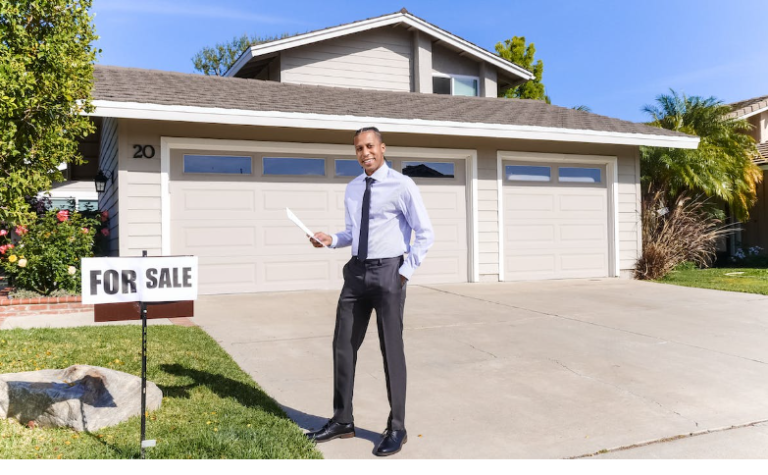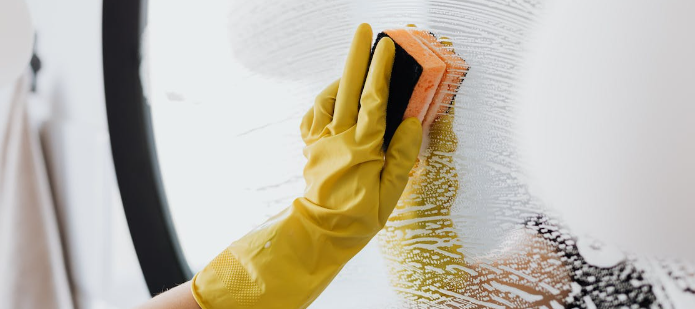Things You Should Know About Buying a House from a Deceased Estate

Buying a property from someone who has recently died may seem a little grisly, especially if they have died on the property. However, buying a house from a deceased estate has some advantages as well as a few disadvantages.
In this property buying guide, you will find out the things you should know when investing in a deceased estate.What are the benefits of buying a house from a deceased estate?
If someone dies, their executors (usually a family member or a solicitor) must gather all their properties, settle all their debts, and then allocate the proceeds to the beneficiaries. This is referred to as their house.
1. There can be some benefits of purchasing a property from an estate. It can be marginally cheaper than other properties, for instance. Land auctions are a place to find these kinds of assets. People may be put off buying the house of a deceased individual, and then the executors may be persuaded to sell it cheaper.
2. Also, the estate may not be finalised, and once the property has been sold, the beneficiaries’ payout, which means everyone will be able to take a little less to get the transaction done faster.
While it is empty, the executors will be liable for preserving the house, so the earlier it is sold, the better. This would not only allow them to sell it cheaper, but it might make the transaction even quicker.
Furniture and furnishings such as curtains and carpets are also likely to be found in the house. You are more likely to want to take those items with you when you sell a house and move on and will only be able to sell them to the new owner if they give you a fair deal.
They are more likely to want to sell all the contents (other than personal effects) to you when you buy from the estate since they are unlikely to have any use for these items themselves and if you don’t take them, they have to pay for cleaning the property.
It is also likely easier to buy from a deceased estate. One of the things that can hold up a sale is when it is difficult for the seller to locate and purchase their next house, but that will not be a problem here. On the other side, since they would be keen to sell as soon as possible, they may prefer to sell to someone else if you are not able to move quickly. So, make it clear that you can pass quickly if you want to take advantage of a cost-effective transaction.What are the drawbacks of investing in a deceased estate?
When purchasing a property, you want to know as much about it as possible. The owner must offer truthful answers when you ask them questions, like if there have been any boundary conflicts or if they have violated any of the terms of the contract. They can fill in information forms (known as pre-contract enquiries) that contain property information, including who is responsible for maintaining the boundaries and when work has been completed on the property, such as a new boiler or new windows.
Moreover, you can ask the owners to include all available documentation, such as a warranty for the new boiler, for certain works. With “full title guarantee,” they will sell the land, which ensures that they will tell you all about the property and must give you facts about it.
When you buy from an estate, however, there will be a limit on what the executors will tell you about the house and what documents they will provide because they can sell it with a restricted title. This means that you are not given any assurances about any aspects of the land, and if you are concerned about something, you will have to conduct your enquiries. Although this is not ideal, it is not as terrifying as it sounds.
First of all, the solicitor would need much of the information about a property that they will find out from the searches they would conduct. This is data they receive from search firms rather than from the owner or executors, so they are always aware that it is reliable.
Secondly, if there is anything about the property that you are worried about or if you cannot find the details you need, you still have the option of taking out insurance to cover you. It will be fair to ask them to contribute to the expense, and if the estate does not support, this could be something that you may use to renegotiate the amount.How does the signing of contract work?
One of the most crucial steps in closing a deal is the contract signing. As the purchaser, you can sign one copy of the contract. The seller will sign the other side, and you will sign the same copy of the contract. Then, you will swap contracts (known as the exchange of contracts) with the attorneys, usually by mail, so that each side will hold a copy of the contract signed by the other party.
Since the owner of the property has passed away, they will not sign the agreement. Under such cases, the executors must send a copy of the grant of probate (if the deceased has left a will) or letters of administration (if the deceased has died without leaving a will) to the lawyers, which is a sealed court document demonstrating that the executors have the right to act on behalf of the estate.
The solicitor will need to be sure that the grant or letters are right and in order. This ensures that both parties will see that the executors have power on behalf of the estate to sign the contract. If documents are exchanged, both parties are as committed to the agreement as if the owner had signed the contract.Is Buying a House from a Deceased Estate for You?
If the pros of buying a house from a deceased estate weigh more than the cons, then this investment is worth considering. This particularly applies if you find an agent who will be with you in every step of the process.
Finally, make sure that you get the deceased estate cleaned out and professional decluttering service properly. If you are not available for negotiation, you can always count on our experts at Deceased Estate Sydney to help. Just give us a call, and we will be there to clear out the property in a flash.


